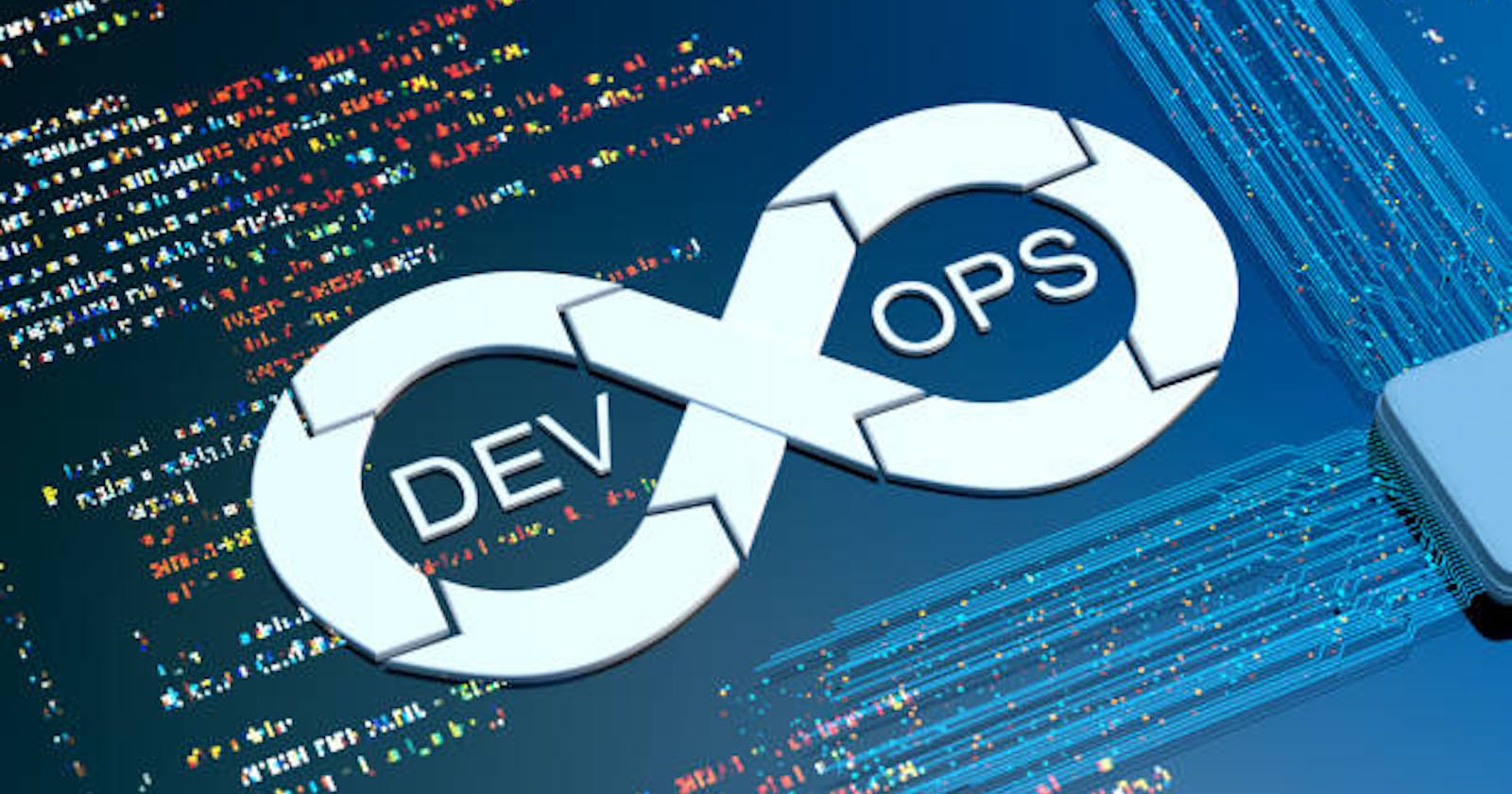DevOps: A Journey
The Road to DevOps: A Journey of Streamlined Processes and Efficient Delivery
Introduction
DevOps is a software development methodology that emphasizes collaboration between the development and operation teams to deliver an automated, hassle-free, and zero downtime service to users. It is a solution to the limitations of traditional software development models such as the Waterfall model and Agile. DevOps aims to provide continuous integration and delivery, minimize CAPEX and OPEX, ensure a higher quality product service to customers, and enable project modifications with zero downtime. To become a DevOps Engineer, one must have a deep understanding of Linux, source code management tools like Git, Docker, CI/CD pipelines like Jenkins, Kubernetes, cloud infrastructure, and Infrastructure as Code (IaC) tools like Terraform.
Why DevOps?
Traditional software development models like the Waterfall model and Agile have limitations such as high risk, slow progress, limited documentation, and no finite end of the job.
DevOps is a solution to these limitations and offers continuous integration and delivery, minimized CAPEX and OPEX, higher quality product service to customers, and project modifications with zero downtime.
How to be a DevOps Engineer?
Learn Linux: As more than 90% of applications run on Linux kernel, it is important to learn the basics and advance of Linux to become a DevOps Engineer.
Source Code Management Tools: A DevOps Engineer must have deep knowledge of push, pull, stage, status, log tracked and other operations of Source Code Management tools like Git, GitHub, Gitlab, bit-bucket, etc.
Docker: DevOps Engineers need to learn about Docker to ensure that the same code is written by developers and can run in any type of OS like MAC, Linux, Windows, Android, etc.
CI/CD Pipelines: DevOps Engineers must know the most used CI/CD pipeline, Jenkins, which automates the build, test, and deploy code in any infrastructure.
Kubernetes: This tool helps DevOps Engineers to revive or auto-scale the services in case of any unexpected errors in running the project.
Cloud Infrastructure: DevOps Engineers need to know about multiple clouds as the requirements of different clients are not the same, but at least one cloud knowledge is mandatory.
Infrastructure as Code (IaC) Tools: Tools like Terraform help in provisioning and cloud formation type works and maintain their syntax and language named HCL, which is valid on any cloud.
Benefits Of DevOps
Benefits of DevOps: In this section, you can discuss the benefits of implementing DevOps in an organization, such as faster time-to-market, improved collaboration between teams, higher quality products, and reduced costs.
DevOps Tools: In addition to the tools mentioned earlier, there are many other tools that are commonly used in DevOps, such as Ansible, Chef, Puppet, Nagios, ELK Stack, etc. You can provide an overview of each tool and explain how it fits into the DevOps workflow.
DevOps Culture: DevOps is not just about using the right tools and processes, but it also involves creating a culture of collaboration, continuous learning, and improvement. In this section, you can discuss the key aspects of the DevOps culture, such as shared responsibility, blameless culture, feedback loops, and continuous improvement.
Challenges in DevOps: While DevOps has many benefits, there are also some challenges that organizations may face when implementing DevOps, such as resistance to change, lack of skills, legacy systems, and cultural barriers. You can discuss each challenge in detail and provide strategies to overcome them.
DevOps Metrics: Measuring the success of DevOps initiatives is crucial for organizations to understand the impact of their efforts. In this section, you can discuss the key metrics used in DevOps, such as lead time, deployment frequency, mean time to recovery, and change failure rate.
DevSecOps: With the increasing focus on security in software development, DevOps has evolved into DevSecOps, which integrates security into the DevOps workflow. In this section, you can discuss the key principles of DevSecOps, such as security as code, continuous security, and risk management.
Future of DevOps: DevOps is a constantly evolving field, and there are many emerging trends that will shape the future of DevOps, such as AIOps, GitOps, ChatOps, and NoOps. In this section, you can discuss each trend and how it will impact the DevOps landscape in the coming years.
Conclusion
In conclusion, becoming a DevOps Engineer requires in-depth knowledge of various tools and technologies, such as Linux, source code management tools, Docker, CI/CD pipelines, Kubernetes, cloud infrastructure, and IaC tools. DevOps methodology aims to provide continuous integration and delivery, minimize CAPEX and OPEX, ensure a higher quality product service to customers, and enable project modifications with zero downtime.
Journey
For more detailed information, you can check out my DevOps learning journey on my Github by visiting the DevOps repository & give it a star.
